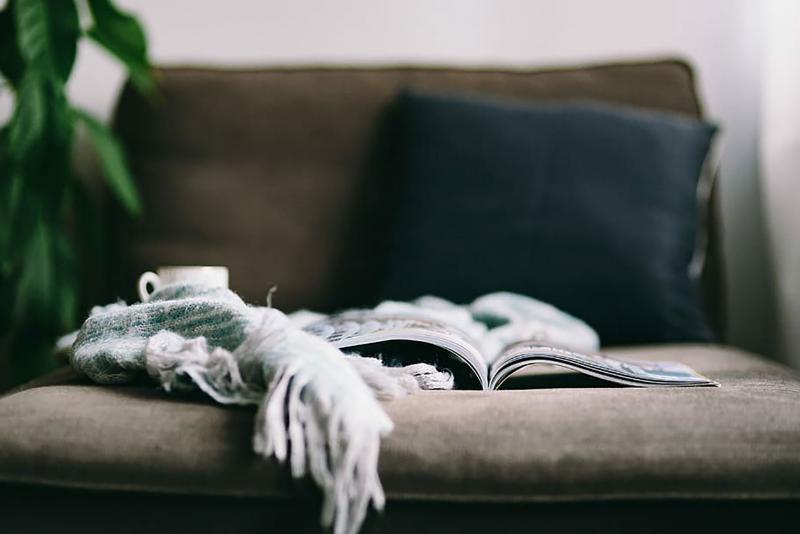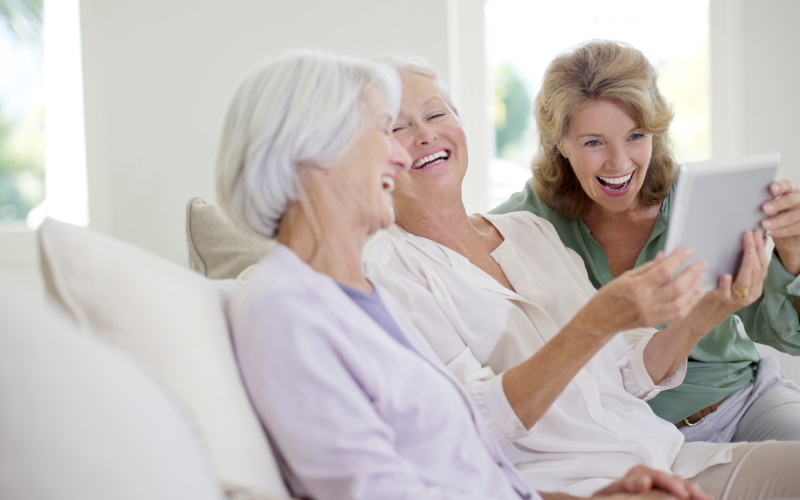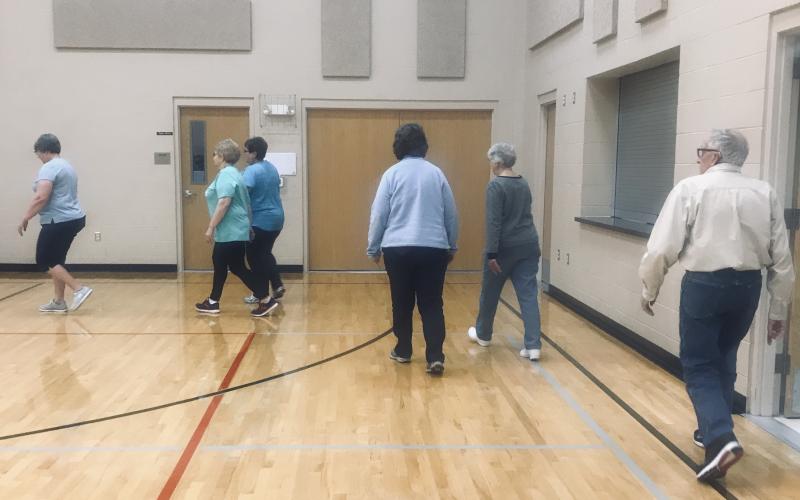Originally written by Claire Roudabush, former SDSU Extension 4H Youth Program Advisor - Hamlin & Kingsbury Counties.
Self-care is so essential for all individuals, young and old, to partake in regularly. Often, self-care gets placed on the back burners during our regular daily lives with our vast, jam-packed schedules. We get so wrapped up in our go-go-go routines and forget to take time for ourselves until we absolutely need it to continue onward.
For us to get a better understanding of why self-care is so important, we must understand what self-care is. There are many different definitions and interpretations of what self-care is. However, I like to look at self-care as a planned activity or action that we do to help care of our own mental, emotional, physical, spiritual, and/or social health. Self-care is something we enjoy doing for ourselves. It shouldn't be something we force but seen as a way to refuel ourselves.
So why is self-care so great? Self-care has plenty of different benefits for all individuals who start to practice regularly. Self-care can boost your emotional and physical health, help you nurture others, increase productivity, gives a break from stress, boosts your immune system, increase self-compassion, soothe feelings, and increase self-awareness. These benefits are not only for adults that are needing a small break from their busy schedules but can be just as beneficial for youth that are experiencing increased amounts of stress.
What are some ideas of self-care strategies to help get started?

Remember, self-care is an activity or action that you enjoy and makes you feel good during and after. Here are some excellent ideas to get you started:
- Get enough sleep at night.
- Exercise, make sure it is something you enjoy, such as a walk, yoga, swimming, etc.
- Meditate for a short time every day.
- Spend quality time with your family or friends .
- Read a book.
- Take a nice relaxing bath.
- Start a hobby such as crafting, writing, or cooking.
- Start a journal.
- Listen to music.
- Dancing.
- Practice mindfulness strategies.
- Have a date night.
- Take time away from technology.
- Volunteering.
- Family game night.
Self-care is unique for everyone but can be something done together with others or individually. Once you know some of the actions or activities that you want to incorporate into your life, you have to make time in your schedule for those activities. If self-care was organic in nature, then we would all be benefiting, but it is not. Therefore, to keep our commitment to ourselves, we have to write it in our calendar just the same as a meeting or task. As we think about adding in self-care to our routine, we have to remember to start with the basics, don't overcomplicate it. Find one activity that is easy to add in, start, and then add more over time. Self-care can be practiced however you like, such as adding in five minutes of meditation a day, incorporating family game night once a week for an hour, once a week try cooking a new meal, etc. Find a routine that works best for you.
Promoting self-care as a regular part of your routine is an excellent resource for not only yourself but for youth and your family. It is crucial to understand and remember that self-care is not selfish, if you can't take care of yourself, how can you fully take care of your responsibilities or others. If we teach self-care strategies and importance at an earlier age to our youth, it will become less likely to be placed on the back burner for them as they grow. Remember not to stress too much about adding in self-care strategies into your daily routines, because the purpose is to reduce stress and anxiety. Make sure that the self-care strategies are something you like and make you feel good and refreshed.


